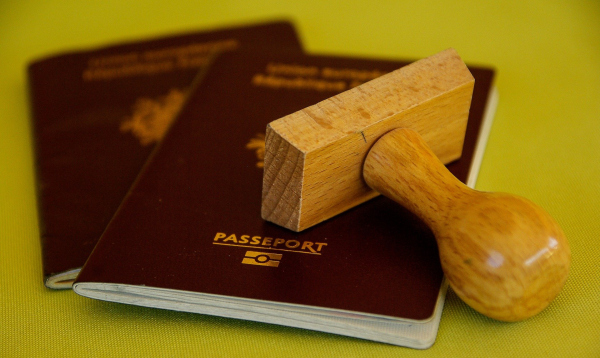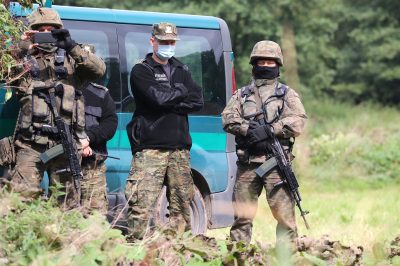
The Cuban girl was born in 2010 in Poland but she acquired neither Polish nor Cuban citizenship. As a result, the girl was stateless for three years.
According to Cuban law, proceedings leading to the acquisition of Cuban citizenship must take place in Cuba. The proceedings take at least three months and during the period at least one parent of the child must be present in Cuba. “In this case it was not possible to carry out the proceedings”, says Dr. Dorota Pudzianowska, HFHR’s legal expert. “The girl’s parents are immigrants and Cuban law only enables immigrants to stay in Cuba for a maximum of 60 days”, Dr. Pudzianowska explains.
HFHR has supported the efforts of the parents to acquire Polish citizenship and prepared a relevant submission to the President of Poland. “In our submission we noted that the situation of stateless persons was particularly difficult”, says Dr. Pudzianowska. “Such persons cannot avail of political rights and may have problems accessing education, health care or employment”, she explains further.
In September 2013, the President of Poland granted the girl Polish citizenship.
In international law there is a range of provisions which limit the number of cases where people can be pronounced stateless. The right of a stateless child to a citizenship is an unconditionally binding norm of international customary law. For example, the Convention on the Rights of Children which sets forth the right of stateless children to citizenship has been ratified by nearly all UN member states. Many countries have introduced corresponding regulations in their domestic legal systems. Consequently, we may assume that states accept the fact that a child should acquire a citizenship upon birth.


